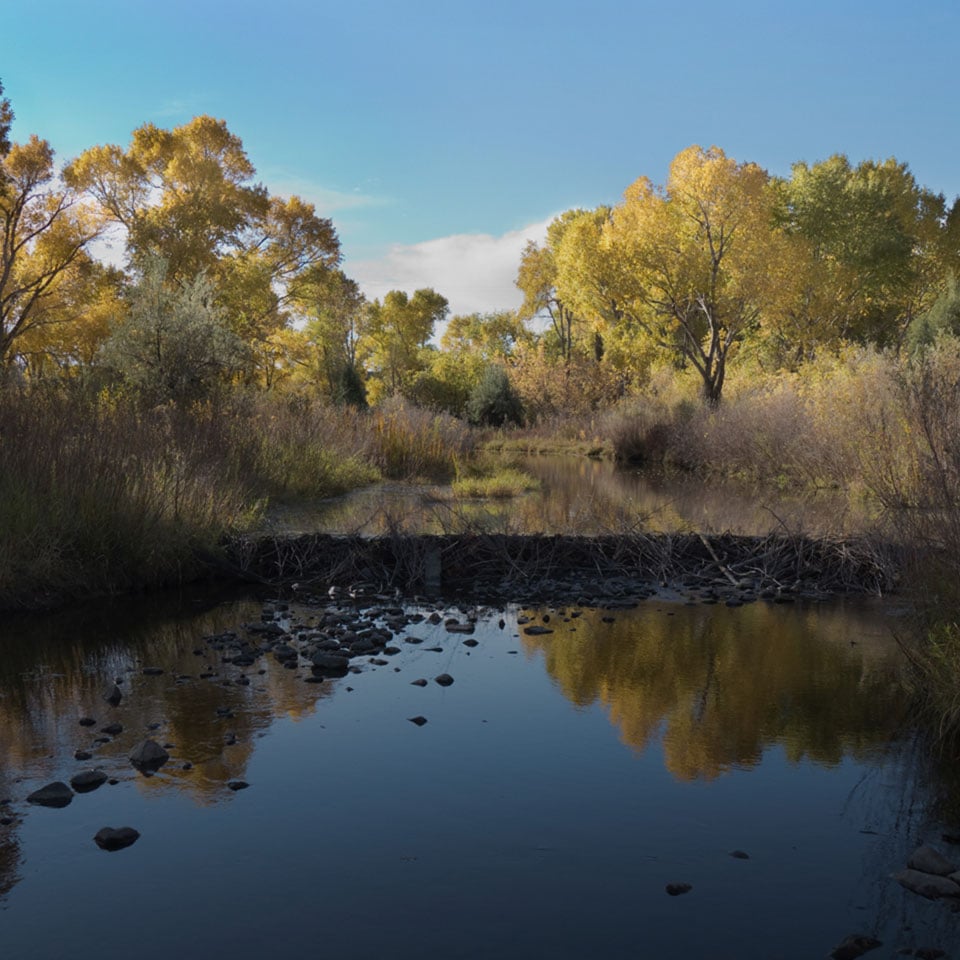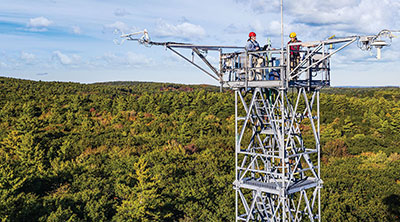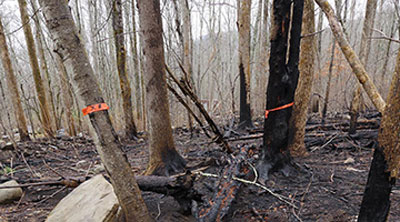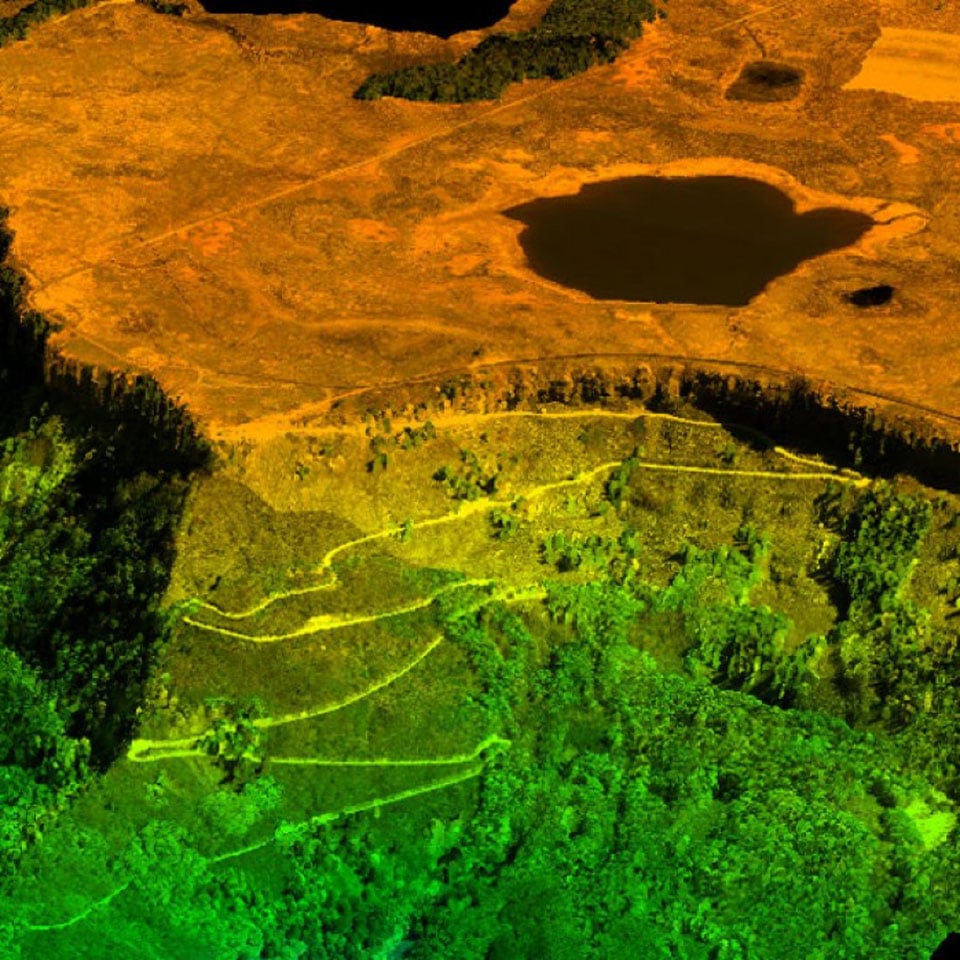The National Ecological Observatory Network (NEON)
Balancing Life, Climate and Nature
Since we assumed management for NEON from the National Science Foundation (NSF) in 2016 we:
- Completed the construction of the entire Observatory.
- Transitioned all 81 field sites to successful operation.
- Established NEON as a crucial source of knowledge in our understanding of the dependencies between life and environment.
- Helped the entire program navigate COVID-19 while maintaining all personnel.
Battelle’s expertise in large research infrastructures has proven to be invaluable to the successful launch and continuation of NEON. Our unique knowledge is critical to ensure the longevity of one of the world’s most ambitious ecological data endeavors.


NEON’s Mission
As ecosystems in the United States change, NEON plays a fundamental role in our ability to sustainably manage natural resources and support science related to climate resilience.
National Ecological Observatory Network:
- Provides trusted, freely available, high quality, national-scale, critical data and samples that are easily accessed and made rapidly available for use by researchers around the world to enable an informed and predictive understanding of ecological responses to environmental changes.
- Is a respected platform that integrates with the environmental and ecological research community through collaboration, community-adopted standards, data usage, linked data, measurement methods, curriculum content, or assignable assets.
- Adapts to frontier science needs to provide an optimized, forward-looking technological and observational platform to be used as a catalyst for research and innovation and inspire an expanding global scientific landscape of environmental monitoring infrastructure.
- Delivers the educational and training resources to the next generation of ecologists and environmental scientists and expanding and diverse community for effective use of NEON data, samples, and technology.
- Fosters an inclusive culture that attracts, retains and empowers a talented and diverse workforce where diverse perspectives and all community members are respected and valued.
NEON's Impact
.jpg?sfvrsn=989dcaae_2)
When Permafrost Thaws—Over and Over Again
As the Arctic climate warms, many areas where soils were previously frozen year-round are now experiencing cycles of freezing and thawing. Researchers set out to discover how these cycles are changing the physical structure of Arctic soils—using soil cores from NEON's Toolik Field Station (TOOL). The study is published in Geoderma.
Read the case study
PR Data Jam Brings Data Science Methods to K-12 Students
Six teachers and more than 50 students across Puerto Rico had the opportunity to explore ecological questions using NEON data as part of the 2021 PR NEON Data Jam. The event, coordinated by Forward Research and sponsored by Battelle, was built on the LTER model using NEON data from the Guánica Dry Forest (GUAN) site in Puerto Rico (D04).
Read the blog
After the Fire: Studying Forest Recovery and Carbon Storage Potential
Dr. Jennifer Balch, a Fire Ecologist at University of Colorado Boulder, is studying wildfire-impacted areas in the western U.S. to answer burning questions about forest recover and carbon storage potential. Her work could lead to improved models of the impact of wildfires on atmospheric carbon levels and climate change.
Read The case studyNEON Data and Samples

Data
NEON delivers hundreds of data products including organismal counts and measurements, water quality, energy fluxes, and remotely sensed vegetation indices. Data is free and open for all.

Samples and Specimens
Our field ecologists collect soil, organismal and water samples as well as specimens throughout the year. A large proportion of these are available for your research, archived in a variety of collections around the U.S.
.jpg?sfvrsn=d2805556_2)
Biorepository
Find data on the archived physical samples and information on how to request a loan at the Arizona State University Biorepository, our primary sample and specimen collection.
Answering the Big Questions in Ecology
With 81 field sites that span 20 ecoclimate Domains, the NEON program delivers open access, free data to available to research and answer to our most pressing questions in ecology over more than 30 years. Its massive geographic and temporal scale allows scientists to study critical dependencies
that impact our ecosystem, such as:
- How is biodiversity changing over time across different ecosystems?
- What role do minerals in the soil play in soil carbon storage?
- How are wildfire spread and emissions related to vegetation type and abundance?
- What factors impact the spread of ticks into different ecoclimate zones?


Researchers are actively chasing the answers to such questions through NEON’s infrastructure — and capabilities that have never been available before.
The data we collect is used to:
- Inform natural resource and land management decisions.
- Update climate models and forecasts.
- Monitor how different ecosystems are responding to invasive species, to changes in climate and land use.